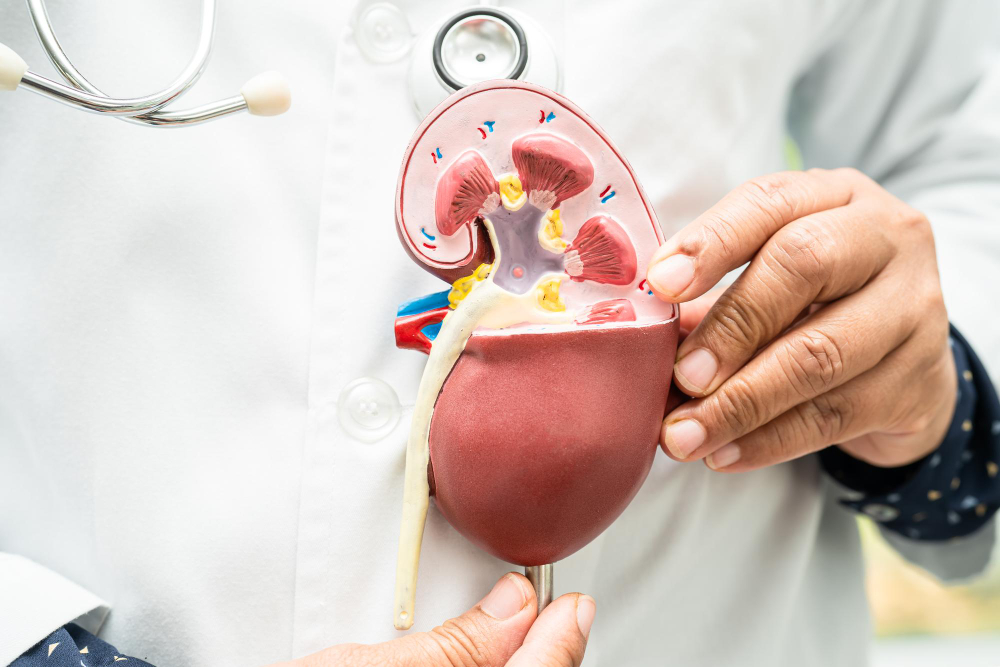What is Nephrotic Syndrome?
Nephrotic Syndrome is a kidney problem that causes your body to lose too much protein in your urine. This condition can make you feel tired, swollen, or sick. In fact, Nephrotic Syndrome happens when tiny filters in your kidneys, called glomeruli, do not work right. Because of this, your body cannot keep protein in your blood. Instead, the protein leaks out into your urine. According to the World Health Organization (WHO), Nephrotic Syndrome can affect both children and adults. However, it is more common in children. Early treatment can help manage symptoms and prevent problems.
Causes of Nephrotic Syndrome
There are several reasons why someone might get Nephrotic Syndrome. Sometimes, the cause is not clear. But in many cases, it happens because of damage to the kidneys. Here are some common causes:
Sometimes, certain medicines or toxins can harm the kidneys. In rare cases, a family history of kidney disease may play a role. According to the Centers for Disease Control and Prevention (CDC), early diagnosis helps prevent further kidney damage.
Symptoms of Nephrotic Syndrome
Nephrotic Syndrome has several signs that you can watch for. While symptoms may start slowly, they can get worse over time. Here are the most common symptoms:
In some cases, you might also have high cholesterol or high blood pressure. If you notice these symptoms, it is important to talk to a doctor. Early treatment can help manage Nephrotic Syndrome and lower the risk of complications. Peer-reviewed medical journals suggest that regular check-ups can help catch kidney problems early.
Consult a healthcare professional for personalized advice on Nephrotic Syndrome.

